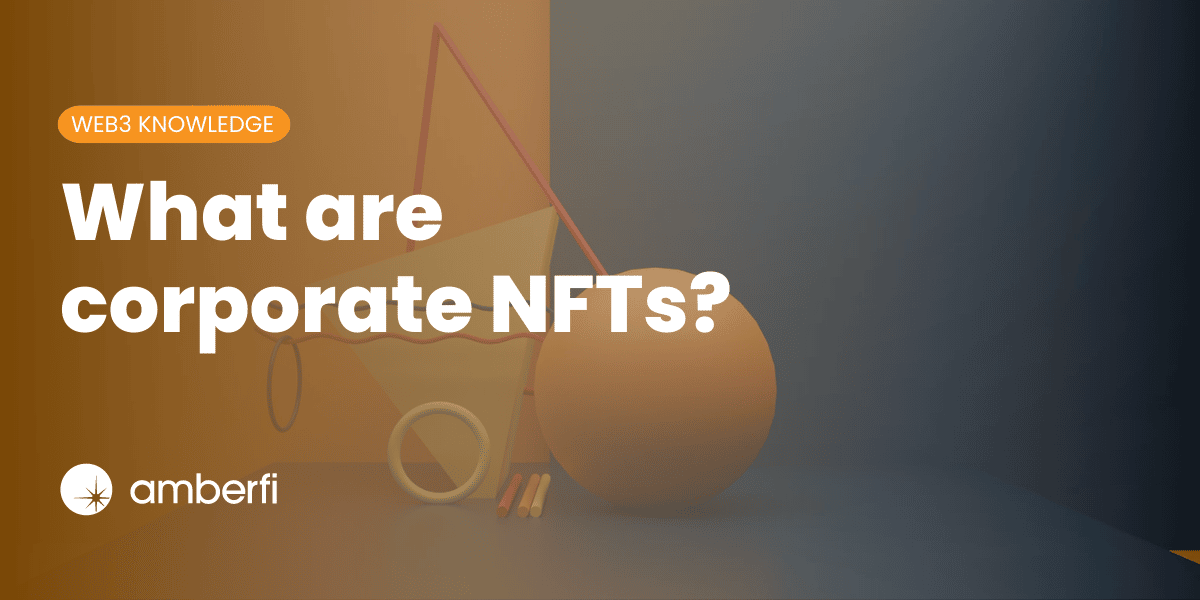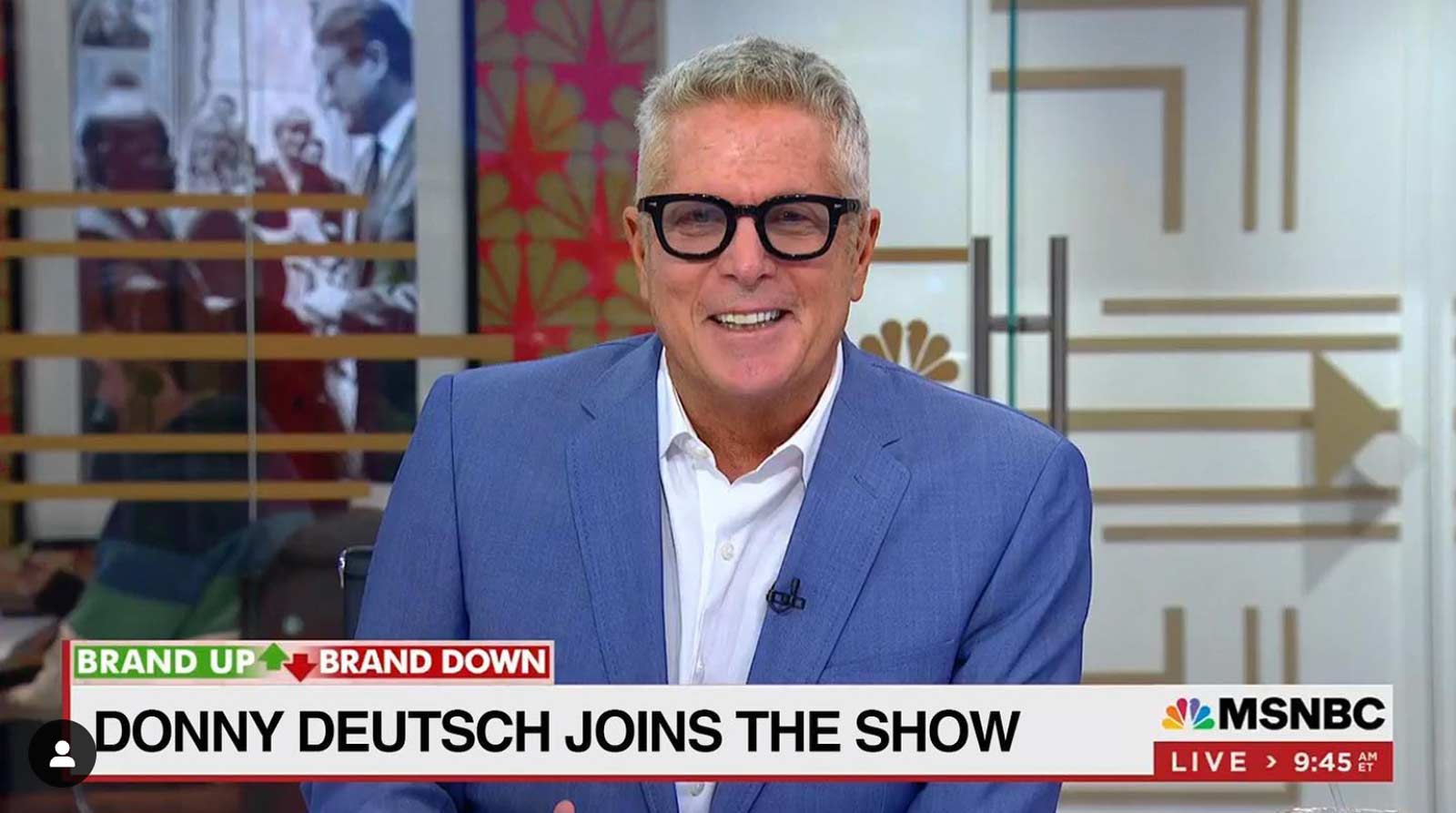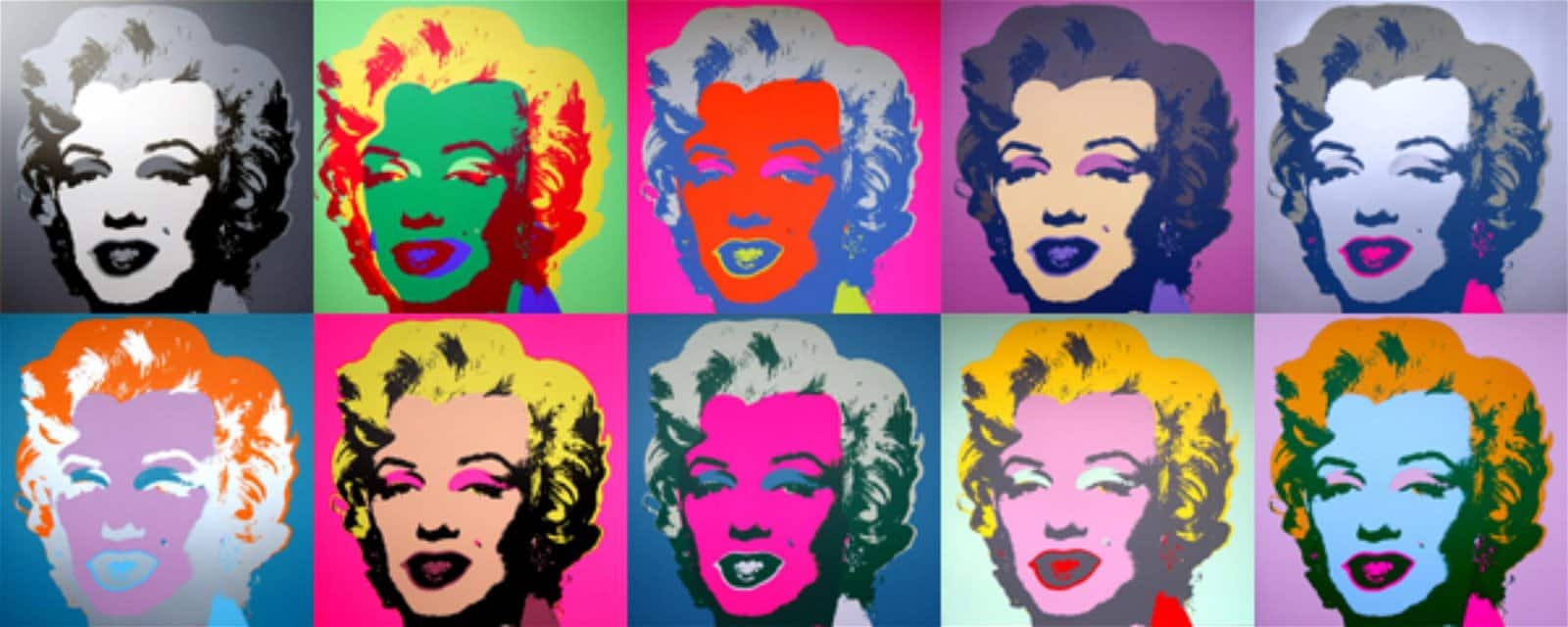Non-fungible tokens (NFTs) are unique tokens that can not be interchanged. NFTs are largely used in digital art, gaming, and the concept of digital ownership.
They gained huge momentum in 2021, with the world’s most expensive NFT artwork sold for $91.8 million and trading volume reaching over $40 billion, according to recent estimations. But despite the obvious opportunities, NFTs bring to artists and art collectors, studies show that most people buy them as an investment opportunity.

Image: The Hustle
Corporate NFTs represent non-fungible tokens that companies create and use to incentivize their customers. They might offer exclusive perks and products, additional prizes, participation opportunities, and many more.
Corporate NFTs have already become a part of user retention and marketing strategies at different companies, including fashion, music, toy, and gaming giants.
Here are some examples.
Lacoste
Lacoste, a French fashion brand, has launched an NFT collection as a new way to engage with their customers. The NFT project called UNDW3 (“underwater”) provides “access to a pioneering ecosystem and digital, physical, and experiential benefits in the world of the crocodile, such as co-created products exclusively,” the company shares.
𝐓𝐨𝐝𝐚𝐲 𝟎𝟔/𝟏𝟒 𝐢𝐬 𝐋𝐚𝐜𝐨𝐬𝐭𝐞 𝐋𝐢𝐬𝐭 𝐌𝐢𝐧𝐭𝐢𝐧𝐠 𝐝𝐚𝐲.
At 12h12 CET time, you will have the opportunity to mint a #underwater NFT.
Do you know what you will get by owning the #NFT below?
Let’s dig together.🤿 #UNDW3 1/7 pic.twitter.com/HyOqwRzVQ0— Lacoste (@LACOSTE) June 14, 2022
TAG Heuer
A Swiss luxury watchmaker TAG Heuer has launched a feature that displays NFT collections on the company’s watches.

According to TAG Heuer, it is “taking another bold step into the world of web3” by introducing an NFT viewer for customers to showcase their digital asset collection with verified proof of ownership.
Mattel
An international toy company Mattel sees the metaverse as an “incredible opportunity for [their] cherished brands and iconic IP” and even plans to build an NFT-native digital toy company. It also plans to launch an NFT platform, Cryptoys, with customizable collectibles.
🥳 It’s officially official: @Mattel 🤝 @Cryptoys
Read all about this exciting new partnership in @FastCompany:https://t.co/Vm4fWNBu08 pic.twitter.com/9nrGtrZemi
— Cryptoys (@Cryptoys) June 10, 2022
Advantages of corporate NFTs
Digital collectibles can bring a lot to clients, including revenue opportunities. They also provide new ways to reward loyal customers and communities.
Amberfi’s head of marketing and community, Ellyse Amelia, believes companies can greatly benefit from NFTs.
“I think using the blockchain to incorporate immediate trades and deals is wonderful, offering smart contracts that no one can change and will always LIVE for everyone to see, so if it is lost, like paper contracts, wills, and others, then it is always there on the blockchain.”
One of the biggest perks is exclusivity, including virtual and physical merchandise, access to different events or items, events both in the metaverse and offline, and more.
When it comes to revenue streams, the gaming sector has leveraged it best so far: players can purchase their NFTs, play with them, upgrade and then sell them.
Kevin Whalen, director of business at Amberfi, describes other opportunities NFTs can bring to businesses.
“Let’s say you run a content business model with a paywall like Netflix. Your customer can access content just by holding the NFT in their wallet. If they hold that NFT for a specific time period or reach specific metric-based events like view hours, Netflix may automatically designate the customer to a loyalty bucket. From there, the company can automate rewards via the smart contract based on what thresholds the NFT owner has met. Those rewards could be invitations to movie premieres or other feature access, but the possibilities are virtually limitless. Think of it as marketing automation without managing all of the SaaS fees and annoying contract reviews each year.”
Kevin continues, “There are lots more benefits, but in general, NFTs are easily transferable and provide immediate liquidity for merchants, and frankly, the effort to reward ratio is highly favorable to test out this new technology with little risk.”
Visit out home page and click Contact Us to learn more about what we can offer your business or brand!
Image: Shubham Dhage via Unsplash






